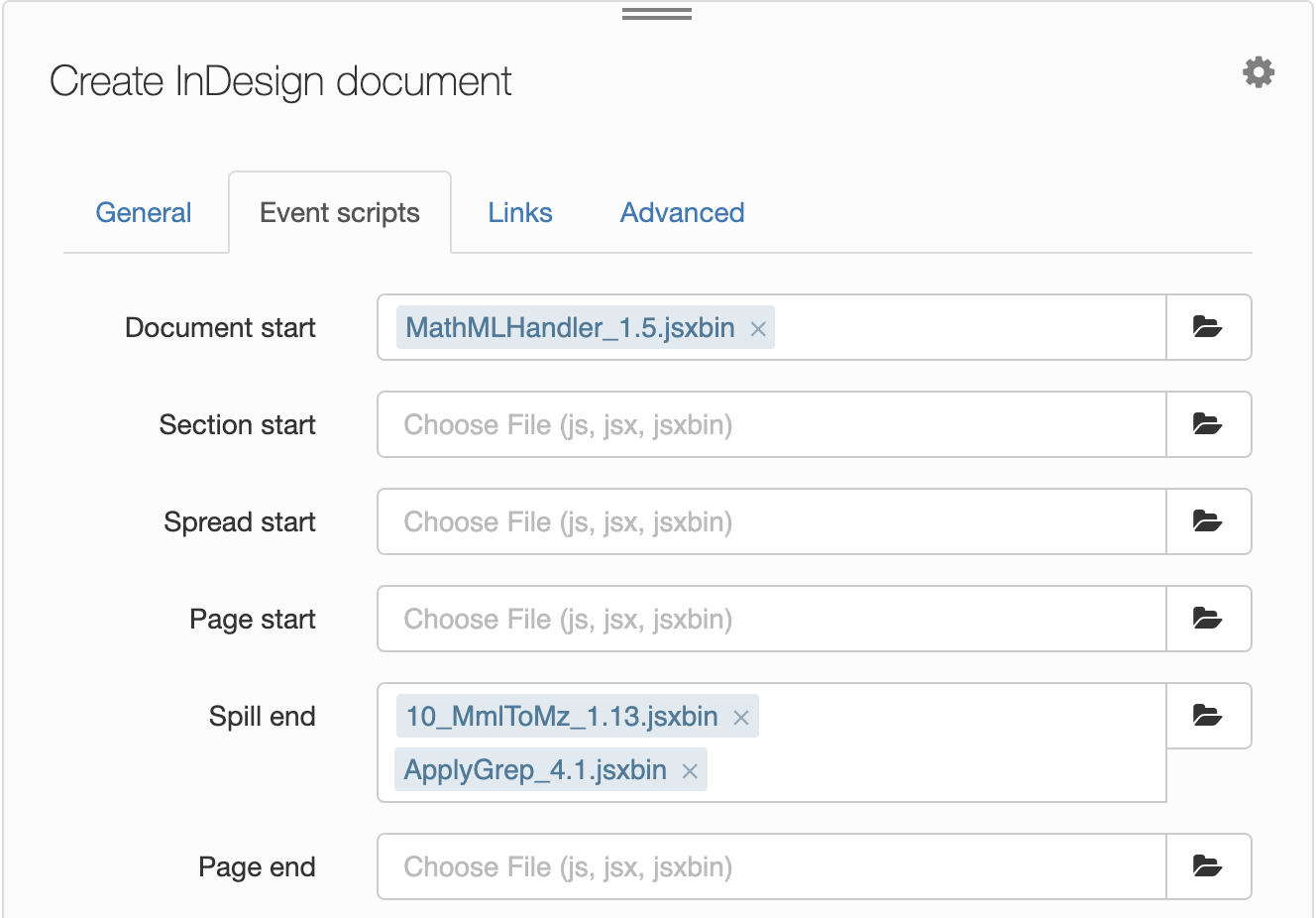

In order to pass these through correctly, you must escape them in your script. Note: When passing grep patterns to BBEdit via AppleScript, be aware that both the backslash and double-quote characters have special meaning to AppleScript. BBEdit's grep syntax coloring helps make this clear. So, most characters match themselves, and even the special characters will match themselves if they are preceded by a backslash. But what if you only want to match a literal dot? If you escape the dot: "\.", it will only match another literal dot character in your text. In grep, a dot character will match any character except a return. To search for a backslash character itself, double it \\ so that its first appearance will escape the second.įor example, perhaps the most common "special character" in grep is the dot: ".". In this case, you must use the backslash character \ before that special character to have it be treated literally this is known as "escaping" the special character. However, sometimes you will need to include an exact, or literal, instance of these characters in your grep pattern.

(The use of these characters is covered in the following sections.) In addition to the simple character matching discussed above, there are various special characters that have different meanings when used in a grep pattern than in a normal search. Very simple patterns, to be sure, but patterns nonetheless. This idea is so obvious that it seems not worth mentioning, but the important thing to remember is that these characters are search patterns. For instance, if you are looking for the letter "t", Grep stops and reports a match when it encounters a "t" in the text. To create a wildcard query for Elasticsearch, you need to specify the wildcard option in your query, followed by a string pattern and asterisks ( *), all contained within double quotes.Most characters that you type into the Find dialog box match themselves. In a wildcard query, ? matches any charcter and * matches zero or more characters. Wildcard queries allow you to specify a pattern to match instead an exact term. You can use the command curl -help for more information about the various options. If this header option is omitted, you’ll get a 406 Content-Type header error: The header option explicitly specifies that the content type is in JSON format.


What this means is that cURL requests must now include -H 'Content-Type: application/json' as a header option whenever the request has a JSON object in its content body. NOTE: Since the rollout of version 6.0, Elasticsearch has begun enforcing a strict content-type checking for cURL requests.
Grep wildcard operator how to#
In this tutorial, we’ll provide step-by-step instructions on how to use regex and wildcard queries to return documents that only have a partial match. For fields of type date and integer, you can also broaden your searches with the use of range queries. Regardless of the situation, regular expressions, also known as “regexps”, and wildcard queries can be used on Elasticsearch fields of type keyword and text to allow for partial matching. Another user may be searching for a last name that they know begins with “Sto”, though they might not be sure how the rest of the name is spelled. A user might want to return all the different types of bread they sell in their store, so they may search for all products in their inventory that have the word “Bread” in the name. When people search for data, they’re not always looking for a single exact match.


 0 kommentar(er)
0 kommentar(er)
